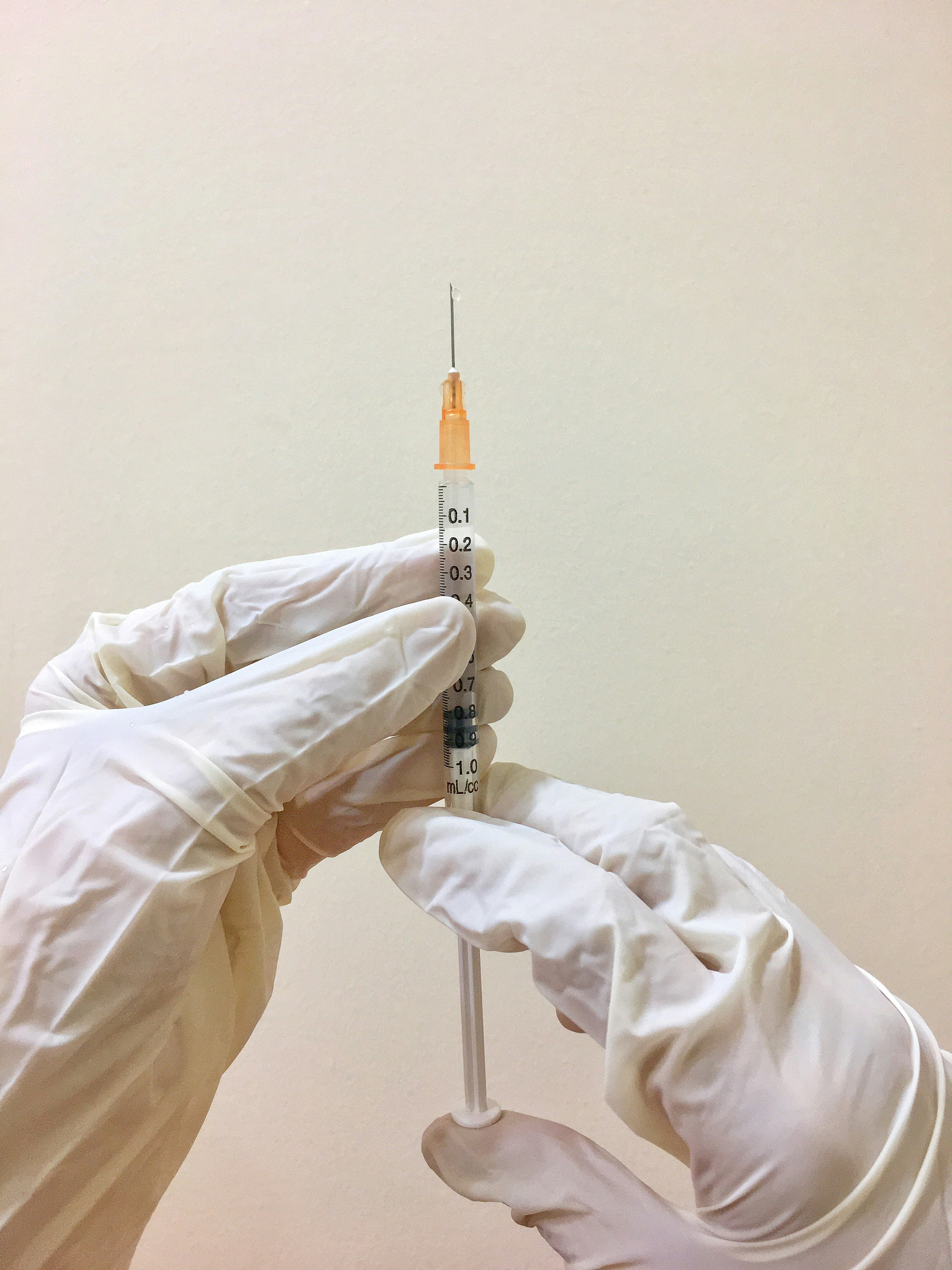The abuse reported includes accounts of nursing staff repeatedly being called racial slurs by their colleagues, employers failing to take action following racial abuse, and patients and their families requesting not to be treated by global majority nursing staff.
The RCN says that according to current trends, the number of calls is expected to exceed 1,000 in 2025 alone. This follows consistent increases over the past three years, with nearly 700 cases in 2022, nearly 800 cases in 2023 and more than 900 in 2024. The real figures are likely much higher, with most racial abuse and discrimination going unreported, says the union.
Professor Nicola Ranger, RCN general secretary and chief executive, said: ‘These racist incidents are absolutely disgusting, and it is a mark of shame that they are rising like this across health and care services. Every single global majority nursing professional deserves to go to work without fear of being abused and employers have a legal duty to ensure workplaces are safe. These findings must refocus minds in the fight against racism.
‘We're calling upon health and care employers to prioritise tackling racism and engage with the RCN and other trade unions to agree stronger mechanisms to protect staff.
‘We're also warning governments and politicians to stop their continued use of anti-migrant rhetoric, which we believe is putting staff at risk by emboldening people to abuse global majority and migrant nursing staff.'
She added: ‘If health and social care employers fail to make their workplaces a safe environment for nursing staff, it is unsurprising that those same staff leave, and their services are less safely staffed.'
The RCN recently joined other health unions in signing a joint statement demanding an end to anti-migrant rhetoric and calling for safer communities for all.
Prof Ranger said: 'The reality is that our health and social care system only functions because nursing staff of every ethnicity, nationality, and faith make it so. We are urging governments and politicians of all parties to recognise their role in tackling racism – and that must include an end to the use of anti-migrant rhetoric, which only risks emboldening racist behaviour.'
Reaction
Daniel Elkeles, chief executive, NHS Providers, said: ‘We wouldn't have an NHS if we hadn't, over decades, recruited talented and valued people from around the world. Diversity of the NHS workforce is one of its biggest strengths.
‘All of our highly valued NHS staff should feel safe at work and be treated with respect as they do their best for patients and communities. Trust leaders know they must do more to create the right conditions to enable this and take action when these behaviours occur.
‘Politicians and public must understand that what they say and do have consequences.'
Caroline Waterfield, director of development and employment at NHS Employers, said: ‘While we know that there has been a lot of work undertaken by employers to remove racism from the workplace, these findings show again that we are far from the place we need to be.
‘There is much more that leaders at all levels of the NHS – including national organisations – must do to proactively address racism at work and ensure staff can work in an inclusive and safe environment.'



